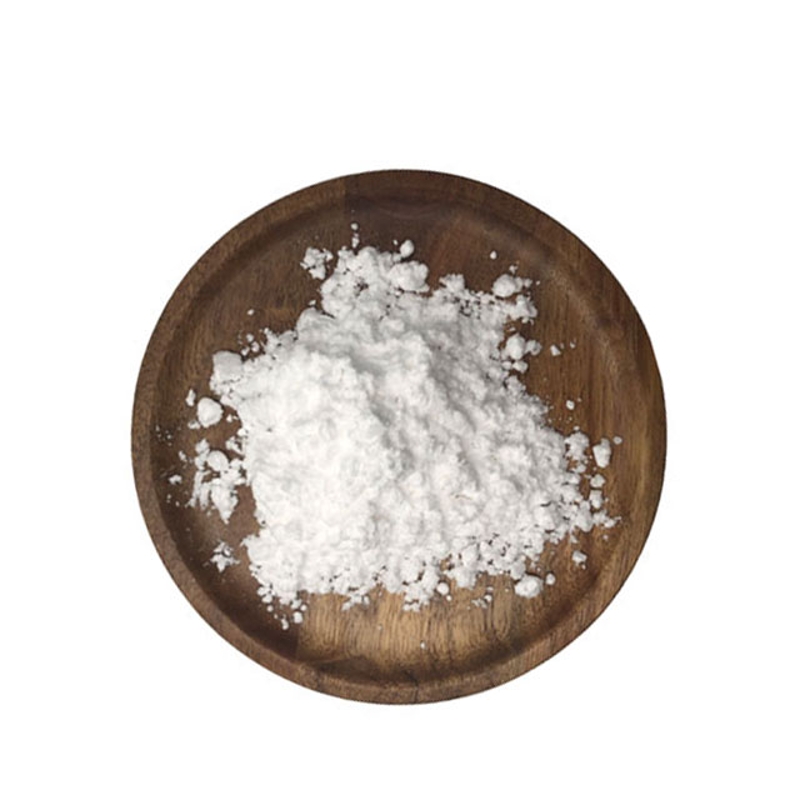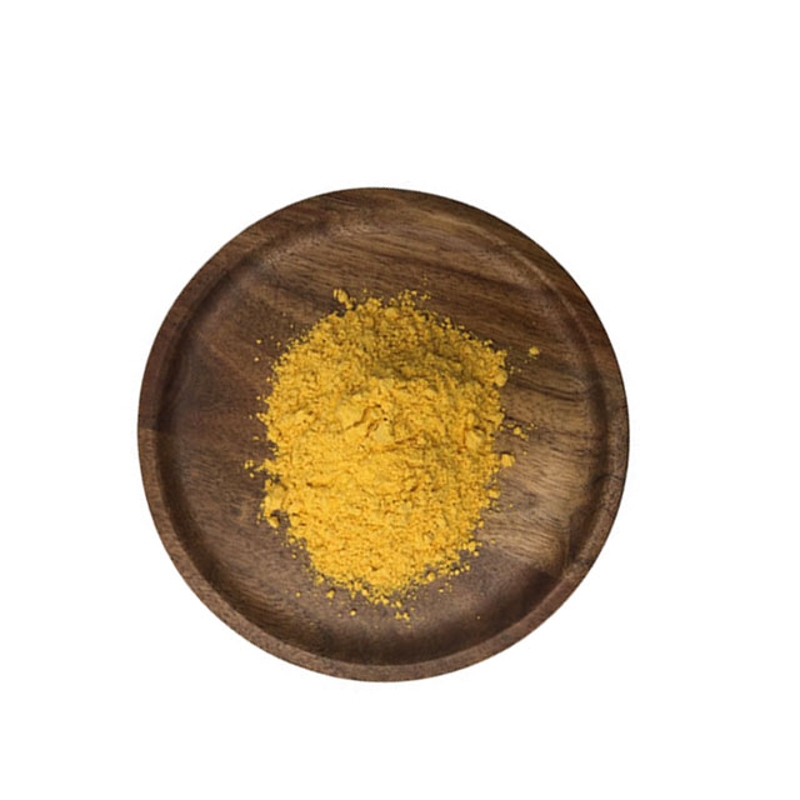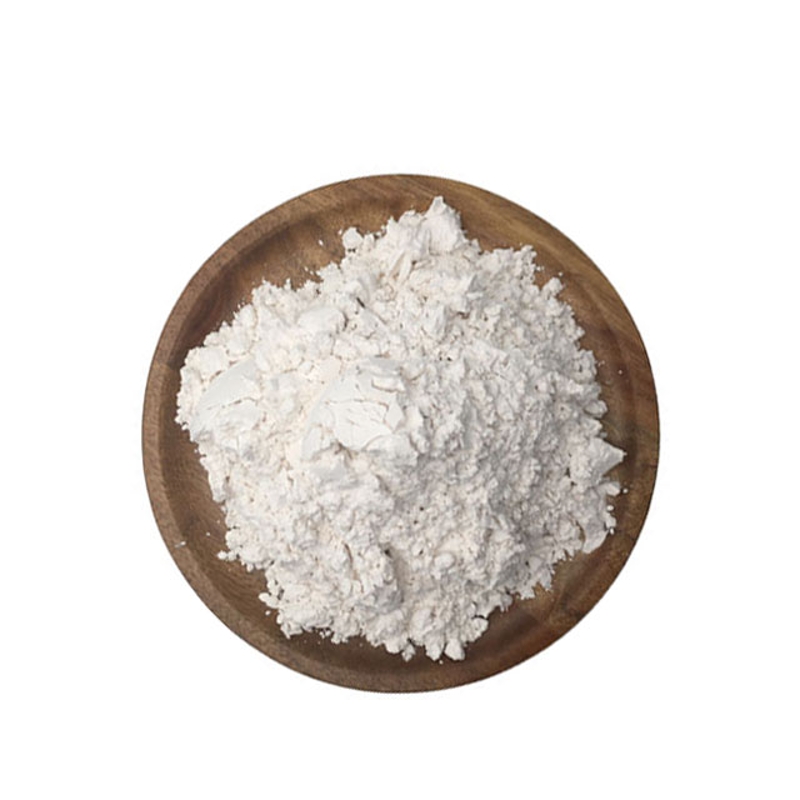New drug for multiple myeloma! Bristol Myers Squibb / EPD EU approved the second 3-drug scheme of dupliciti!
-
Last Update: 2019-08-28
-
Source: Internet
-
Author: User
Search more information of high quality chemicals, good prices and reliable suppliers, visit
www.echemi.com
August 28, 2019 / BIOON/ --BMS recently announced that the European Commission (EC) has approved the combination of immunostimulatory therapy (elotuzumab) with pomalidomide (pomalidomide) and low-dose dexamethasone (EPD) for at least two previous therapies (including lenalidomide and a proteasome inhibitor [PI]) and the last one Adult patients with relapsed or refractory multiple myeloma (R / RMM) with progressive disease EPD is the second EU approved combination therapy based on dupliciti for R / R mm In May 2016, ampliciti, together with lenalidomide and low-dose dexamethasone (ERD), was approved by the European Union for MM patients who have received at least one treatment in the past This approval makes ampliciti the first immunomodulatory antibody approved for mm in Europe In the United States, the ERD program was approved in November 2015 for MM patients who had previously received 1-3 therapies, and the EPD program was approved in November 2018 for MM patients who had previously received at least 2 therapies (including lenalidomide and a PI) EPD protocol approval is based on the data of eloquent-3, phase II clinical study A randomized, positive control study was conducted in 117 patients with relapsed / refractory MM who had previously received at least two therapies (including lenalidomide and a proteasome inhibitor [PI]) and evaluated the efficacy and safety of EPD with three drug regimen compared with standard nursing two drug regimen (pamidramine + dexamethasone, PD) In the study, patients were randomly assigned to either EPD (n = 60) or Pd (n = 57) until progression or unacceptable toxicity It is worth mentioning that the eloquent-3 study was the first randomized study to evaluate a single monoclonal antibody in combination with or without a standard care regimen (pomadolamine and low-dose dexamethasone) EPD scheme is also the first three drug scheme approved based on a randomized clinical study data of PD as a control scheme Data showed that disease progression free survival (PFS) was significantly longer in the EPD group (median PFS: 10.25 months [95% CI: 5.59 months - inestimable] vs 4.67 months [95% CI: 2.83 months - 7.16 months]), and the risk of progression or death was significantly reduced by 46% (HR = 0.54, 95% CI: 0.34-0.86, P = 0.0078) Patients randomly assigned to the PD treatment group had the same PFS benefits among patients who had previously received 2-3 therapies (HR = 0.55, 95% CI: 0.31-0.98) and 4 or more therapies (HR = 0.51, 95% CI: 0.24-1.08) Overall response rate (ORR) was twice as high in the EPD group as in the PD group (53.3% [n = 32 / 60, 95% CI: 40.0-66.3] vs 26.3% [n = 15 / 57, 95% CI: 15.5-39.7]; P = 0.0029), and a higher proportion of patients achieved very good or better partial response (20% [n = 12] vs 8.8% [n = 5]) In terms of safety, the incidence of serious adverse reactions was 22% in EPD group and 15% in PD group The rate of drug withdrawal due to adverse reactions was 5.0% in EPD group and 1.8% in PD group In June this year, Bristol Myers Squibb released the latest data of eloquent-3 at the 24th Annual Meeting of the European hematology Association (eha2019) In a non prescriptive analysis conducted, a descriptive assessment of the total survival time (OS) after an extended follow-up of at least 18.3 months showed that patients in the EPD protocol group continued to experience sustained, clinically relevant OS and PFS benefits compared to those in the PD protocol group The specific results were as follows: compared with PD group, the risk of death in EPD group was significantly reduced by 46% (HR = 0.54; 95% CI: 0.30-0.96) At the 18th month, the overall survival rate was 68% in the EPD group and 49% in the PD group At the time of data analysis, the median OS of EPD Scheme Group has not reached (95% CI: 29.4 months NE), and that of PD scheme group is 17.4 months (95% CI: 13.8-ne) At the 18th month, the progression free survival rate was 34% in EPD group and 11% in PD group In the study, the safety results of EPD scheme are consistent with the main analysis and the results before the scheme of duplicit and pomadolamine Dupliciti is jointly developed by Bristol Myers Squibb and Aberdeen Bristol Myers Squibb is solely responsible for commercial activities Dupliciti is an immunomodulatory antibody, targeting signal cell activating molecule family member 7 (slamf7, also known as CS1), which is a glycoprotein expressed on the surface of myeloma cells, as well as on the surface of natural killer cells (NK cells) and plasma cells In addition, it is also expressed at a lower level in specific immune cell subsets of hematopoietic lineage differentiated cells Duplicati has two mechanisms: (1) direct activation pathway: through slamf7 pathway, through natural killer cell (NK) Cell) directly activate the immune system; (2) antibody dependent cytotoxicity (ADC): dupliciti can target slamf7 molecules on the surface of multiple myeloma cells, label these malignant cells, and improve the killing activity of natural killer cells against malignant cells through antibody dependent cytotoxicity Original source: Bristol Myers Squibb Company
This article is an English version of an article which is originally in the Chinese language on echemi.com and is provided for information purposes only.
This website makes no representation or warranty of any kind, either expressed or implied, as to the accuracy, completeness ownership or reliability of
the article or any translations thereof. If you have any concerns or complaints relating to the article, please send an email, providing a detailed
description of the concern or complaint, to
service@echemi.com. A staff member will contact you within 5 working days. Once verified, infringing content
will be removed immediately.







